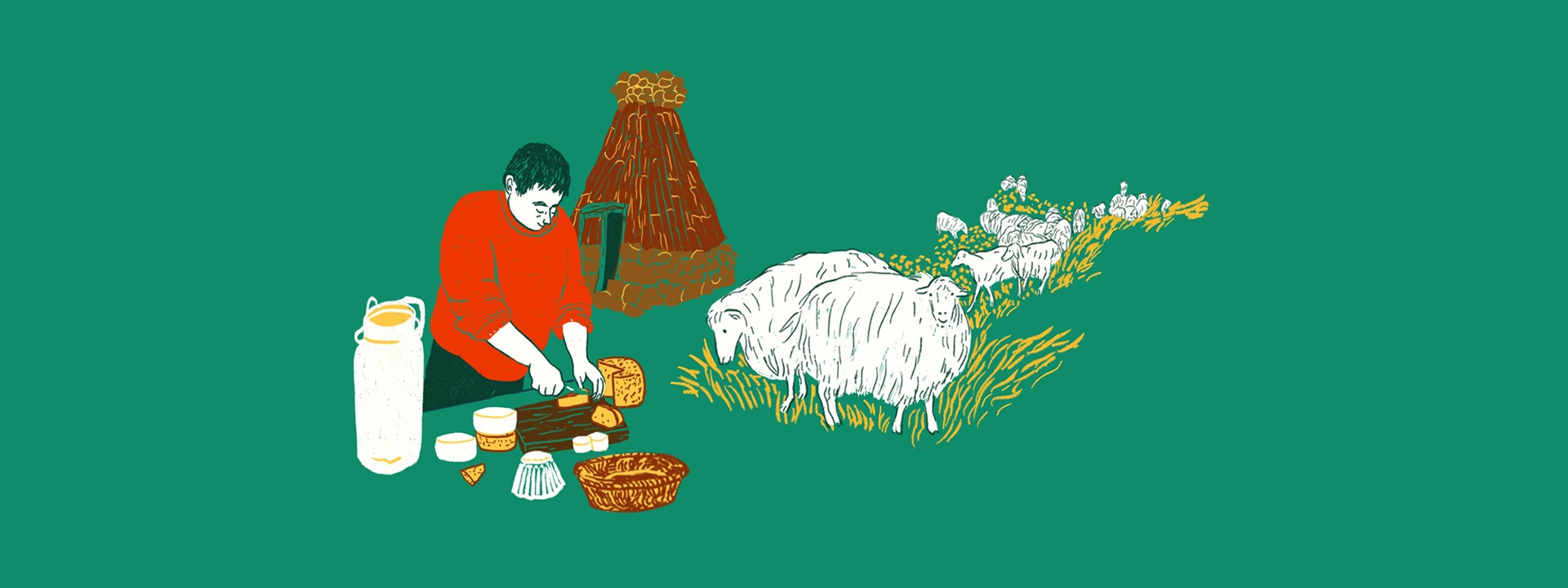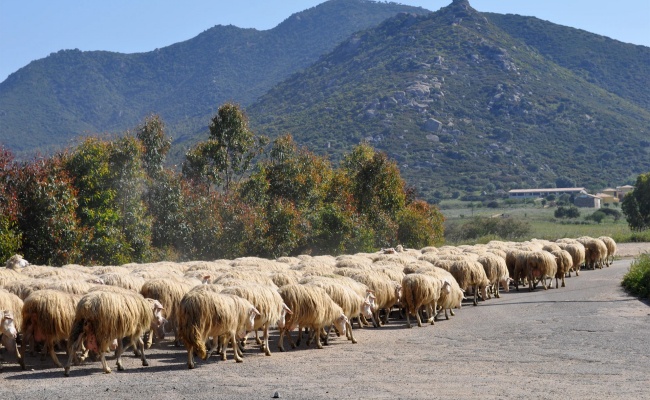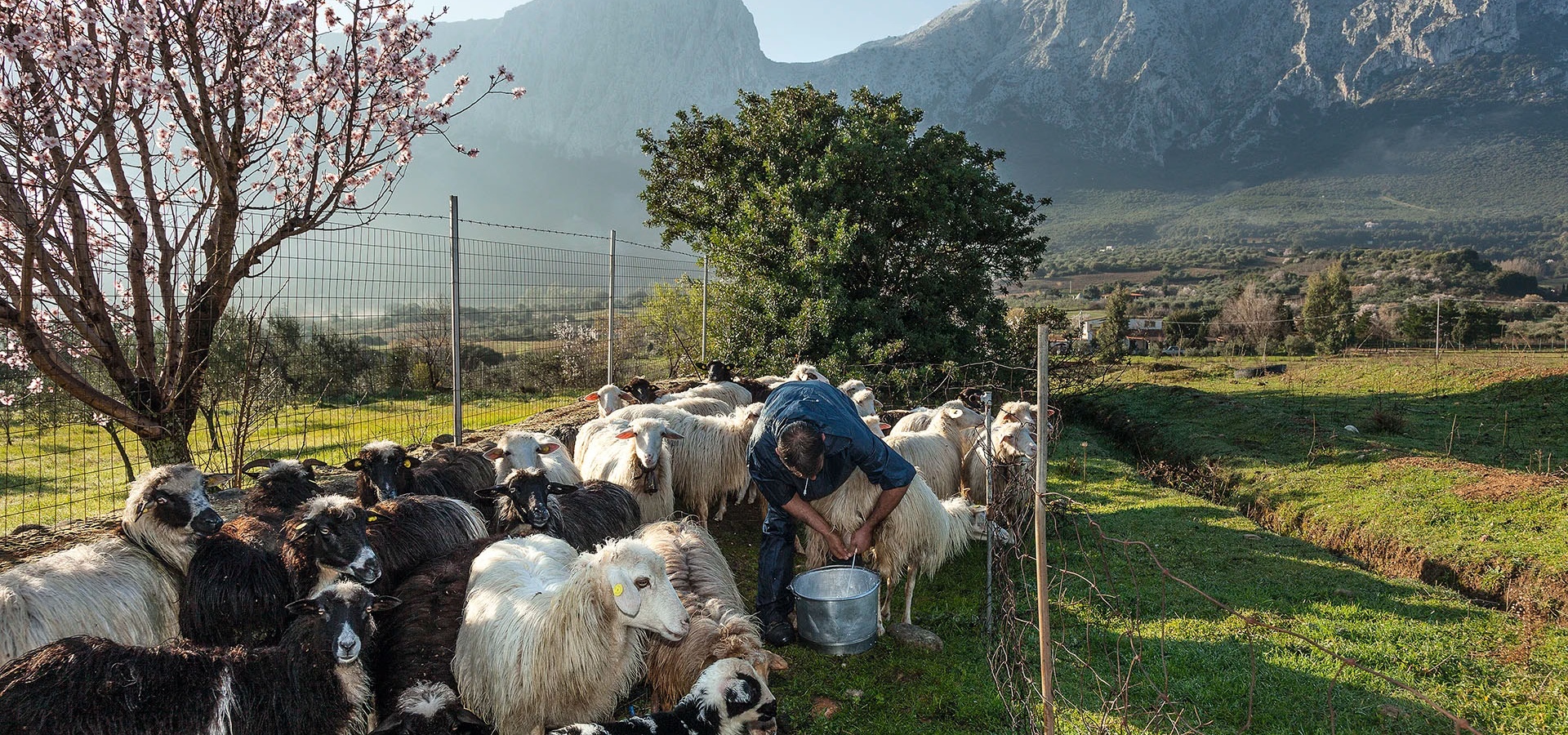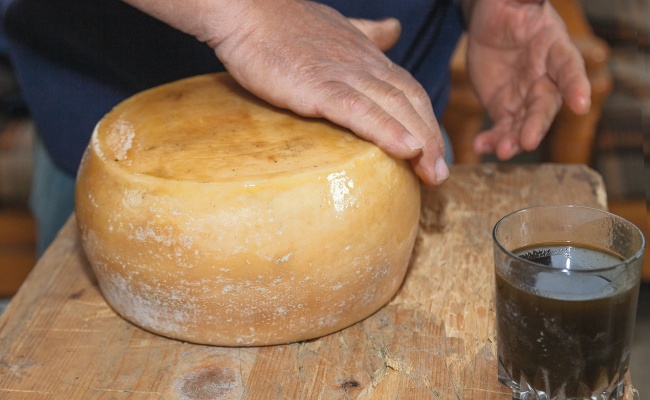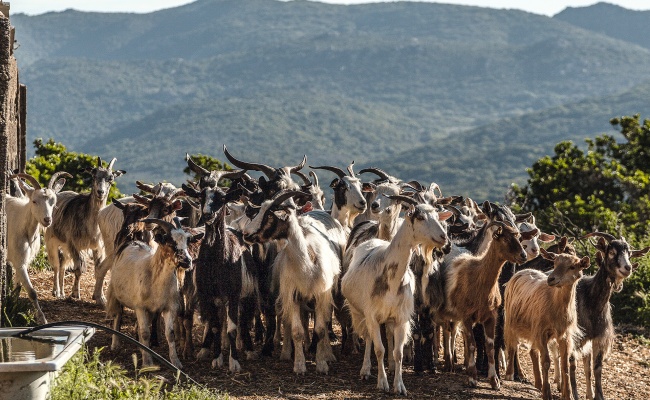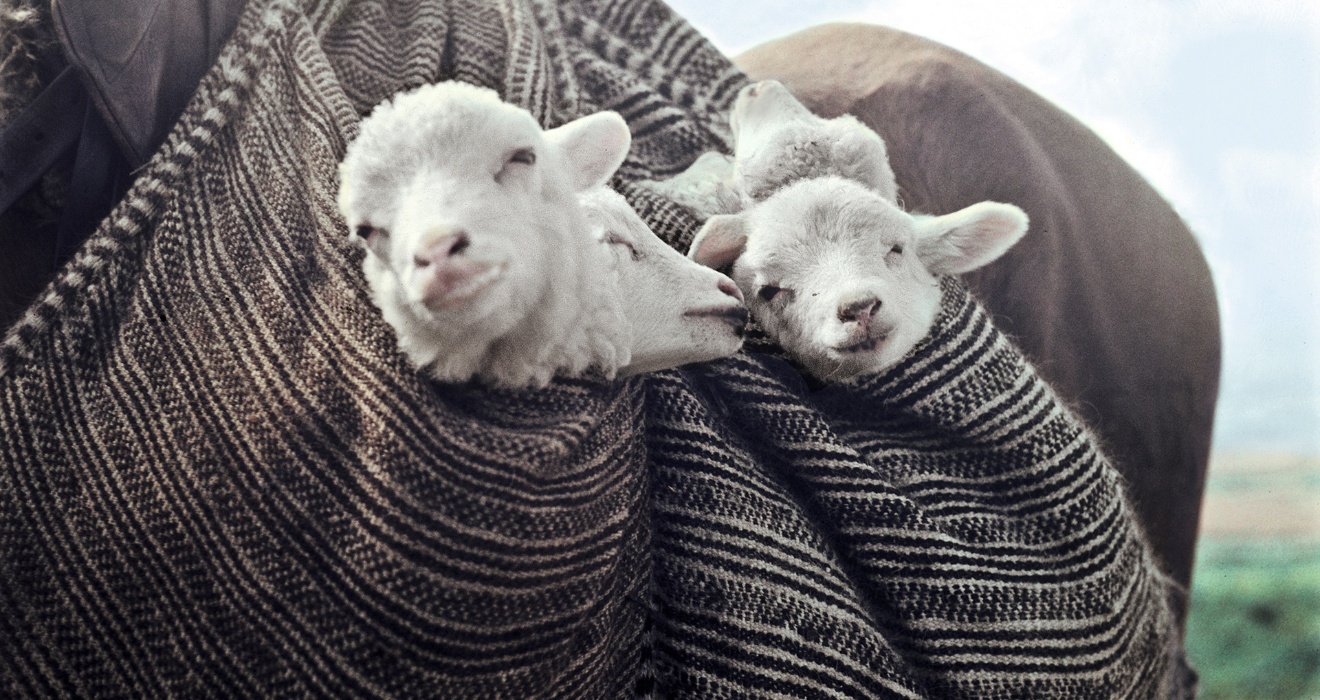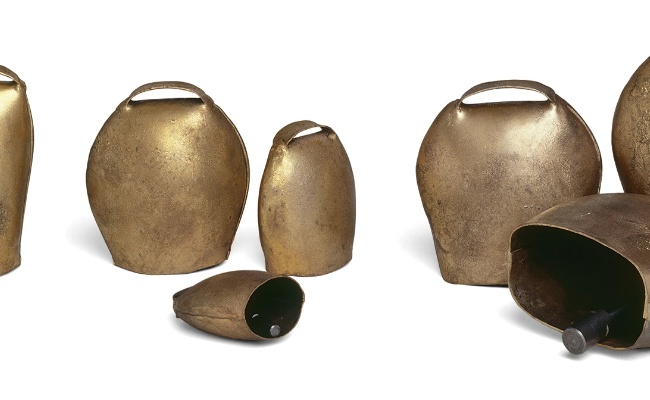In the Barbagia region, raising livestock, and sheep in particular, has ancient roots and has contributed significantly to the region’s culture and economy for centuries.
Pastoralism
Description
Shepherds lead their flocks through mountains and pastures, following ancient transhumance routes. During the winter months, the flocks are brought to the valleys to escape the intense cold and find better pasture. In summer, they are led up high in the mountains to escape the excessive heat.
Livestock raising is closely tied to the region’s ecosystem and geography. Shepherds rely on knowledge of local resources, like wild herbs and springs, to keep their flocks well fed and hydrated.
In the Barbagia region, pastoralism has a major impact on the local economy. Besides the production of milk and meat, pecorino, a sheep’s milk cheese, is one of its most famous products and appreciated across Italy and the globe.
However, livestock raising has been struck by many challenges in the Barbagia region in recent decades. Changes in lifestyle and urbanisation have led to a reduction in the number of shepherds and available pastureland.
Moreover, competition from industrial products and adaptation to health and safety regulations have added further challenges to the production and sale of products derived from livestock.
Despite these challenges, it remains a fundamental aspect of the region’s culture and economy.
 Nuorese Cultural District
Nuorese Cultural District